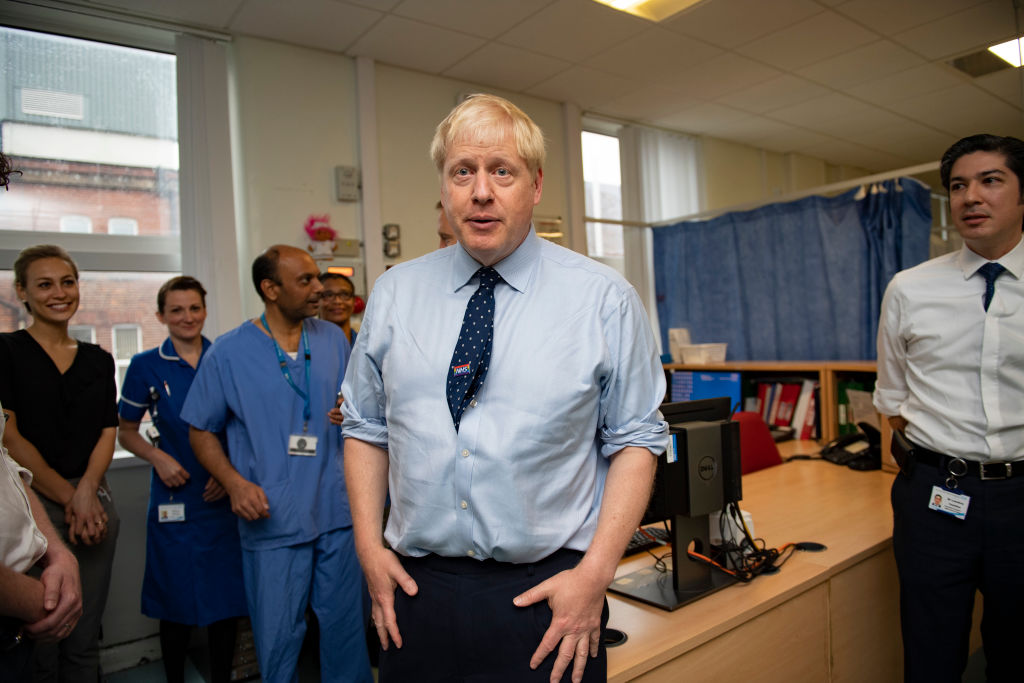The opprobrium was quick. ‘A broken promise’, ‘A missed opportunity’, ‘A dereliction of duty’ were comments thrown the way of the Prime Minister following Sunday’s manifesto launch and the revealing of the Conservatives’ social care policy.
But for those writing the manifesto, lightning was not going to strike twice. Fixing social care is one of the most complicated and challenging long-term questions facing UK public policymakers. What was learnt from the elections in 2010 and 2017 was simple: you do not announce radical new social care policies in an election campaign. Indeed, doing so has been part of the reason we have not seen the breakthrough since 2017 that campaigners rightly crave. After the 2017 election, a green paper was promised, delayed, delayed some more and not delivered. I saw first-hand at the Department of Health and Social Care how deep the scars from the election campaign ran. The Spectator played a key role. It led the charge against the injustices of the May policy reform, being the first publication to use the phrase “dementia tax”, and urging the need for a different approach. The Conservatives had to quickly perform a humiliating and much needed u-turn. This all left a policy vacuum for the May administration. While the Government could agree on the need for a green paper with options, the Treasury and No. 10 were in different places and the Brexit process understandably dominated. But the idea things have not moved on is a misreading of where the process has got to and where it goes next. The current Health Secretary Matt Hancock has always been clear that the family home should not be part of the means test of assets for accessing care. The fact that this promise is contained in the Conservative manifesto is a significant step forward. For this means that Hancock now has the full backing of the Prime Minister. A Prime Minister who, if elected with a majority, will have a new mandate for this policy. Any such policy will surely involve a significant state-funded solution to pool risk, which is what Policy Exchange proposed in its paper 21st Century Social Care, with NHS-style care that is largely free at the point of use. And for its part, Labour’s policy of free personal care for over 65s is another state-backed solution. In short, the two main parties are not that far apart on what is now needed. A simple, affordable state-backed solution is the direction of travel. Voluntary insurance or some equivalent is off the table. The Government’s commitment to work cross-party has been met with a degree of disbelief (ironically by many of those who naturally are advocates for such an approach). Some have heard it all before, while others cannot see how the two main parties can co-operate on anything in the present climate. But recent cross-party committees in the Lords and Commons have both generated consensus on policy proposals for consideration, showing it can be done. The 2017 manifesto will always be synonymous with the “dementia tax” and Theresa May stating that ‘nothing has changed’ when she was forced into her u-turn. Sir Andrew Dilnot, who has sweated more than most to deliver meaningful reform in this area is right when he says words are not enough and that change and action is needed. But in saying very little on social care in 2019 and detoxifying the issue, the Conservatives may in fact be able to change quite a lot. If elected they should move fast to do so.Richard Sloggett leads Policy Exchange’s Health and Social Care research and was previously special adviser to Matt Hancock






Comments